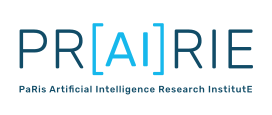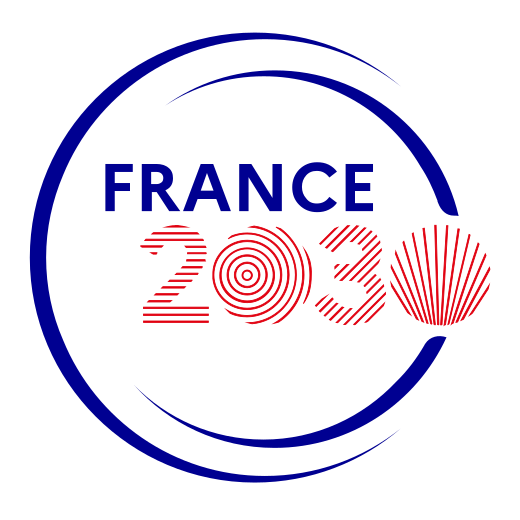Latest News
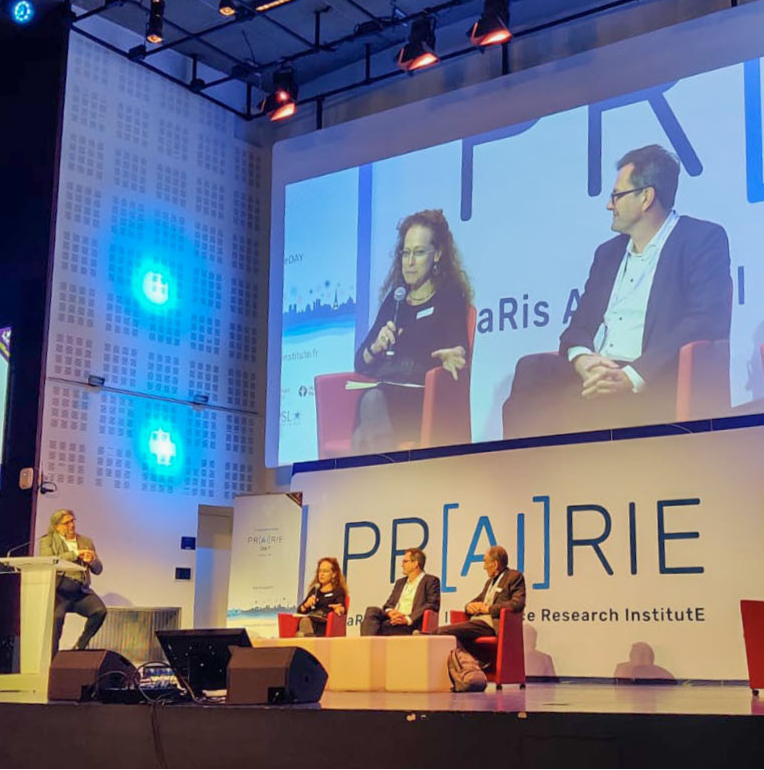
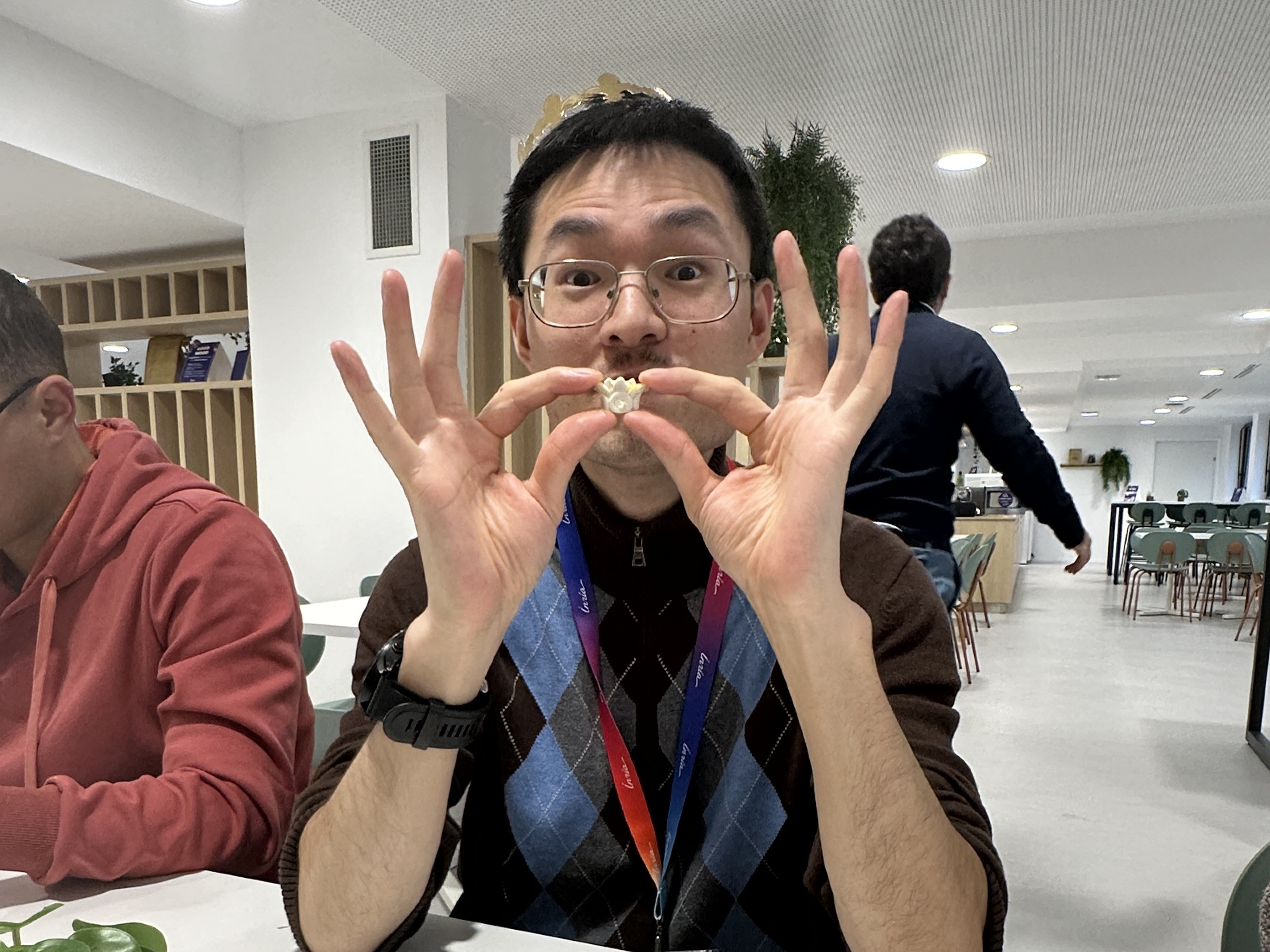

2024.May.31:
The Paris ArticuLab goes on the road in July: co-organizing a ESSLLI workshop on conversational grounding in the era of large language models.

2024.May.31:
The Paris ArticuLab goes on the road in June : co-organizing a Simons Foundation summer program on intersections between AI, Psychology, and Neuroscience.
The ArticuLab

Senior Researcher at Inria Paris, chaire PR[AI]RIE Institute of Interdisciplinary research in AI, Dean's Professor in Language Technologies at Carnegie Mellon University.
Projects
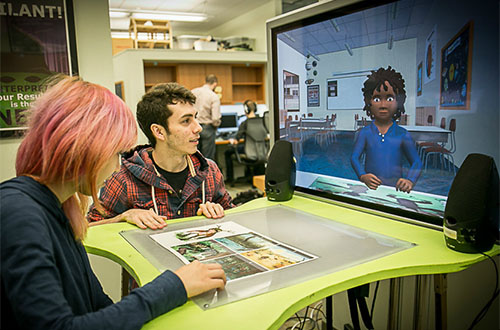
Alex
Scaffolding Science Achievement in a Culturally Diverse Classroom: Bridging the Gap with Virtual Peers
(Thanks to the Heinz Family Foundation for generous funding)
In this project, we aim to address the systematically-reduced standardized test scores of African American students compared to their Euro-American peers by using virtual peer technology to understand the role of dialect, and more broadly, cultural congruence, on students' performance, and to help students achieve in the classroom.
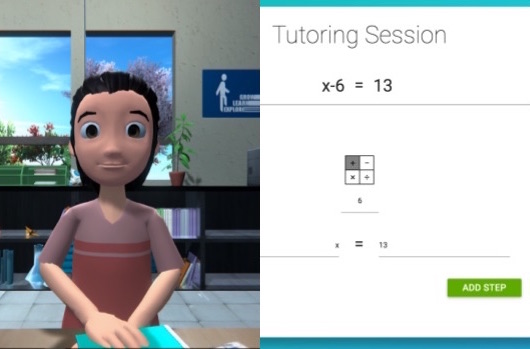
RAPT
Rapport-Aligning Peer Tutor: Virtual peers building rapport to support students in learning
(Thanks to the NSF for generous funding)
The RAPT project is currently working along two fronts: developing a theory of how rapport is built, maintained, and destroyed among teens, and developing a computational architecture and system implementation that allows a virtual peer to build, maintain (and if necessary respond to destroying) rapport in the context of math tutoring.
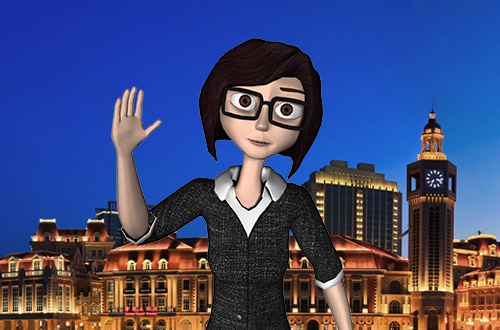
SARA
SARA: the Socially Aware Robot Assistant
SARA is a Socially-Aware Robot Assistant that interacts with people in a whole new way, personalizing the interaction and improving task performance by relying on information about the relationship between the human user and virtual assistant.
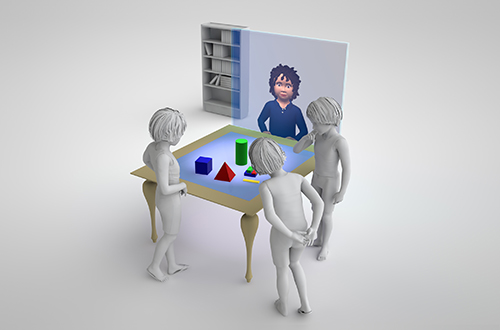
SCIPR
Sensing Curiosity in Play and Responding
(Thanks to the Heinz Family Foundation for generous funding)
Curiosity is essential in science learning as it motivates students to explore and produce knowledge by assuming the role of a scientist. Unfortunately, curiosity is often de-emphasized in traditional teacher-led classes where students are held to the role of knowledge consumer rather than independent and self-motivated groups of knowledge seekers and creators. In this project, we aim to foster curiosity, exploration, and self-efficacy as a way to improve science learning for elementary school students by incorporating a role-playing game, virtual peer, multimodal sensing and mixed-reality technology.

Yahoo! - CMU InMind
Rapport-Building Personal Assistant on Mobile Devices
(Thanks to the Yahoo InMind project for generous funding)
The Articulab is now a part of the agreement between Yahoo! and CMU, called InMind project, where we’re trying to innovate the next next next generation of personal assistant agent.


